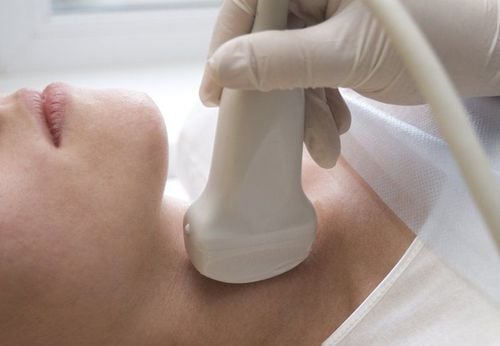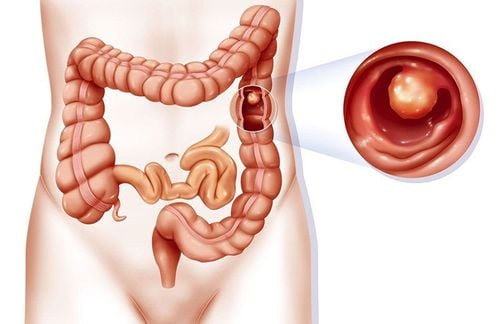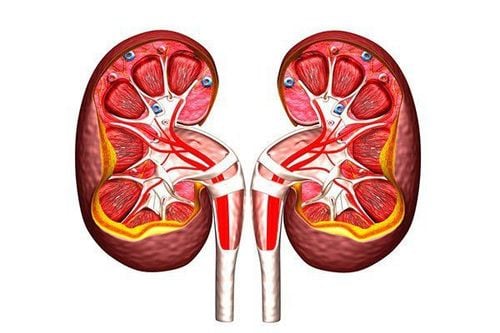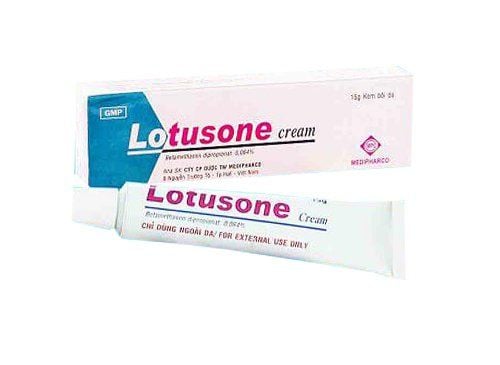This is an automatically translated article.
Statistics show that one in three people with systemic lupus erythematosus has a complication of chronic inflammatory kidney damage, also known as systemic lupus erythematosus nephropathy.1. Renal complications due to systemic lupus erythematosus
Systemic lupus erythematosus is an autoimmune disease that affects the skin and internal organs of the infected person. Symptoms of the disease vary from person to person, but the most common ones are: sensitivity to the sun (easily red rash), inflammation, joint pain, fatigue, fever, weakness body, swollen lymph nodes,...Complications caused by systemic lupus erythematosus are commonly seen in the kidneys, in the cardiovascular system and in pregnancy. According to statistics, 1 in 3 people with systemic lupus erythematosus will have kidney complications. Renal-complicated lupus erythematosus tends to develop early and the disease progresses very quickly (usually within 5 years of being diagnosed with systemic lupus erythematosus).
The immune system in people with systemic lupus erythematosus is disordered and produces antibodies against and destroys the cells of the body's organs. Lupus will cause inflammation in the kidneys, causing the kidneys to lose the function of eliminating excess and toxic substances in the patient and at the same time causing loss of control of the body's fluid volume.

Bệnh nhân mắc Lupus ban đỏ thường nhạy cảm với ánh nắng mặt trời
2. Symptoms of lupus kidney disease
Symptoms of lupus erythematosus with kidney complications are divided into 4 groups:Group 1: Symptoms of mild kidney disease are manifested in low proteinuria, erythrocytosis but no clinical symptoms, no hypertension pressure or lead to kidney failure. In this group, patients show more lupus than kidney disease, but over time, the risk of flare-up into severe kidney disease is quite high; Group 2: Manifested as nephrotic syndrome - up to 40-60% of patients with lupus erythematosus are in this "syndrome". In addition, patients have sediment in the urine, red blood cells in the urine, there may be hypertension,... In this group, up to 50% of patients will develop the disease towards hypertension and severe kidney disease in less than 10 years; Group 3: This is the group showing symptoms of severe kidney disease. Patients with nephrotic syndrome, hypertension, erythrocytosis and renal failure. If not treated promptly, the possibility of end-stage kidney disease or death due to complications is very high; Group 4: Symptoms of kidney disease and glomerulonephritis develop very quickly such as severe hypertension, severe edema, heart failure and kidney failure. Patients in this group can have extremely dangerous complications: thrombocytopenic purpura associated with glomerulonephritis, high blood urea and hemolytic syndrome.
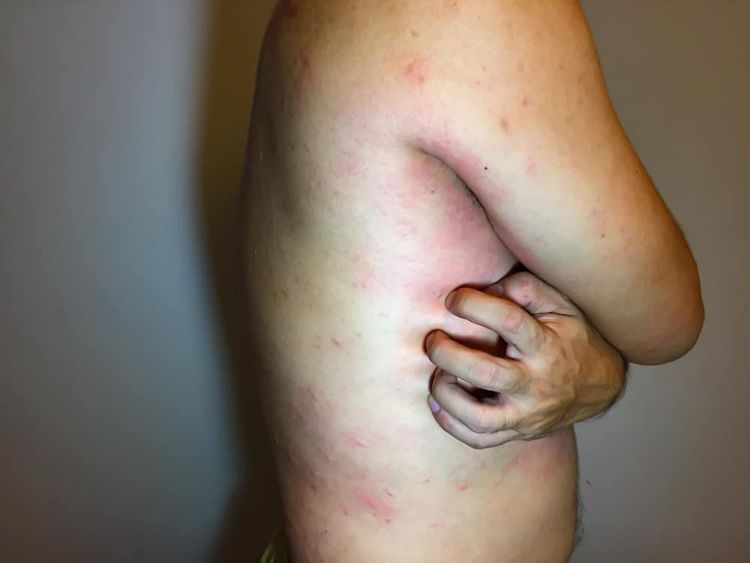
Ở nhóm 1, bệnh nhân thể hiện ra bệnh lupus nhiều hơn là bệnh thận
3. Prevention and control of kidney disease due to systemic lupus erythematosus
Before the dangerous complications mentioned above, prevention and control of kidney disease caused by systemic lupus erythematosus is very important.First of all, we need to have a very healthy lifestyle and activities, specifically:
Drink enough water 2 liters per day; A suitable and healthy diet, especially low in sodium if the patient has high blood pressure; Limit alcohol and smoking; Limit the use of foods high in cholesterol; Have a healthy exercise - sports regimen; Do not self-medicate without consulting your doctor. To control the disease, patients need to closely follow the treatment process and follow the doctor's advice. For those who are suffering from kidney disease due to systemic lupus erythematosus, it is necessary to have regular check-ups to understand their own health situation, to avoid the disease progressing into serious complications, causing significant consequences. sorry later.
For detailed advice, please come directly to Vinmec Health system or book online HERE.
Recommended video:
Having kidney stones even though there are no common symptoms
MORE:
What is Lupus erythematosus? The dangers and complications of lupus erythematosus How is it treated, is it curable? Should patients with lupus erythematosus get pregnant and give birth?




